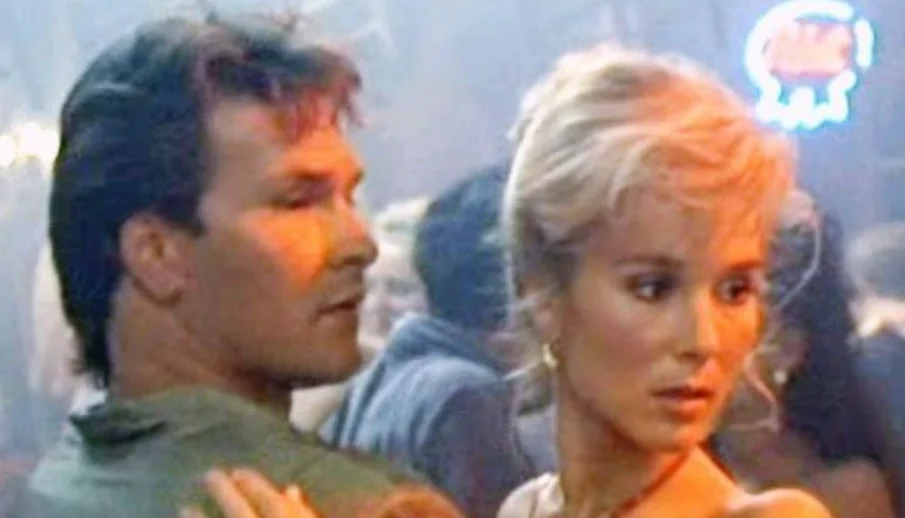
Cynthia Rhodes, known for her iconic roles in Staying Alive and Dirty Dancing, is a legendary figure in 1980s dance dramas. As she approaches her 68th birthday in November 2024, it’s worth reflecting on why this Hollywood triple threat chose to retire at the peak of her career.
Rhodes was born in Nashville, Tennessee, and began her career with a small part in the 1980 film Xanadu, which starred Olivia Newton-John and Gene Kelly. Her breakout came with her portrayal of Tina Tech in Flashdance, followed by a significant role in Staying Alive, where she played the love interest of John Travolta.
However, it was her unforgettable performance as Penny Johnson in Dirty Dancing that solidified her status in Hollywood. In this role, she captivated audiences with her Mambo dancing alongside Patrick Swayze, while also delivering poignant emotional scenes, including the character’s harrowing experience with an illegal abortion.
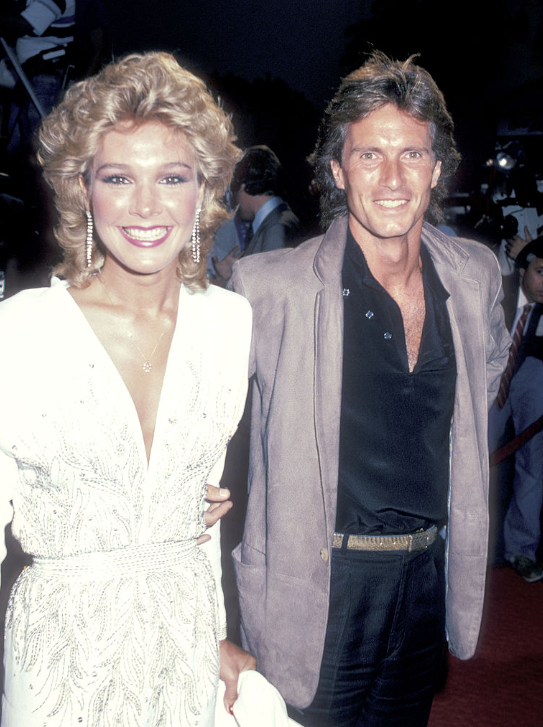
Rhodes described Penny as a complex character who had endured a tough life, yet retained a sense of sweetness. The film not only showcased her dancing skills but also tackled important social issues, positioning its leads, including Rhodes, for stardom.
Despite her success, Rhodes decided to step back from the industry, citing the physical demands of dance. “Dancing became really hard”, she said, expressing her desire for roles that didn’t involve strenuous movement. “I keep saying I’ll never dance again… my bones hurt, my back hurts all the time”, she explained.
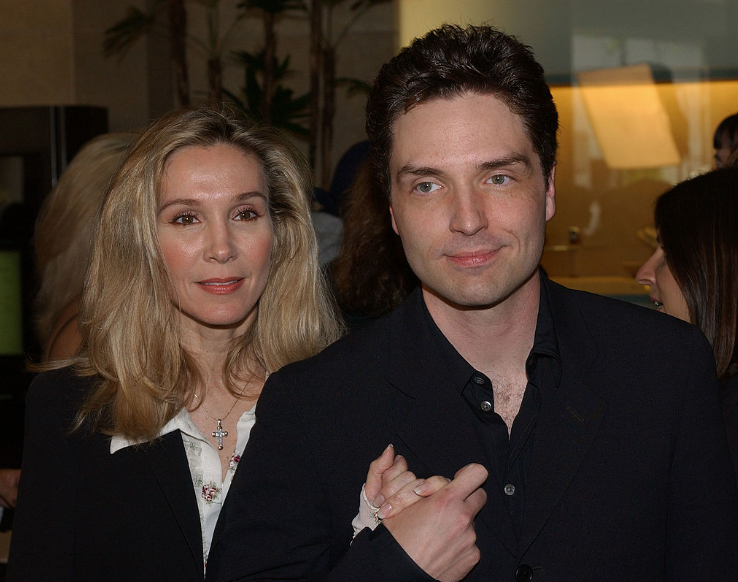
In 1987, the same year Dirty Dancing premiered, Rhodes appeared in Richard Marx’s music video for “Don’t Mean Nothing”. She married Marx in 1989 and welcomed three children: Brandon in 1990, Lucas in 1992, and Jesse in 1994. Marx noted that Rhodes found more fulfillment in motherhood than in her previous career, which she left in 1990 partly due to the intense physical pain from dancing.
Rhodes, who started dancing at the age of three, emphasized her love for it but acknowledged the toll it took on her body. “If I never danced again, I wouldn’t regret it”, she said, highlighting her contentment in focusing on her family.
Her last film appearance was in 1991’s Curse of the Crystal Eye. After divorcing Marx in 2014, she stepped further into her role as a mother, watching her children pursue careers in the arts: Brandon as a music producer, Lucas as a singer and actor, and Jesse as a musician in a metal band. While fans miss seeing Cynthia Rhodes on screen, her decision to leave Hollywood resonates, underscoring the high demands of a career in dance and the joy she found in motherhood.
A former prison guard from Mississippi loses her job for caring for an inmate’s newborn, and her perspective
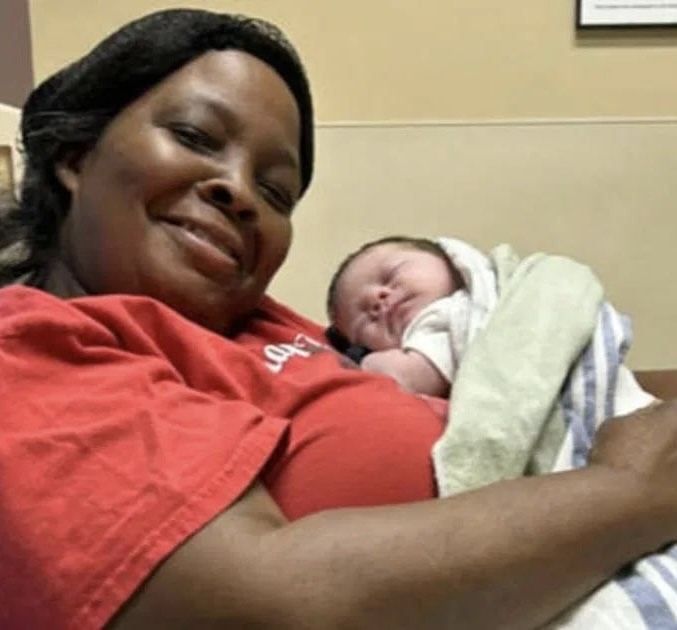
Roberta Bell’s journey is a moving exampl
influence that one person can have when motivated by empathy. Roberta, a 58-year-old mother of five and grandma of eight who resides in the charming city of Vicksburg, Mississippi, is regarded by many as a hero. Her life took an unexpected turn this year, showing the world the power of love and bravery to transform lives.
Roberta met pregnant convict Katie Bourgeois, who was almost out of prison, while she was a correctional officer at the Louisiana Transitional Center for Women. Katie was in a terrible predicament because she had no relatives to support her after her kid was born. Roberta took the crucial choice to take care of the baby until Katie could return home while Katie was unable to do so.
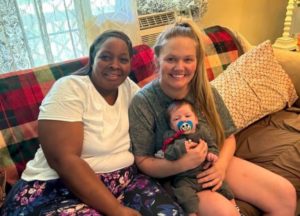
There were, however, repercussions to this choice. Roberta was sacked from her job at the correctional facility after her supervisor saw a conflict of interest in her conduct. For Roberta, though, it was a minimal cost. Kayson, Katie’s son, was born just over a week after she lost her job. Roberta had been looking forward to his visit to the hospital. She brought him home, clothed him tenderly, and held him in her arms, showing him the tenderness and love of a mother.
Kayson was under Roberta’s care for two months before Katie was able to see her son again. Even though Roberta was going through a difficult time personally, her compassion and selflessness were evident when she said goodbye to the infant to whom she had been so close. Millions of people were moved by her heartfelt and real narrative of generosity, which struck a chord with people everywhere.
Donations poured in from people moved by her story; diapers, formula, and other necessities arrived. Numerous kind presents from strangers adorned Roberta’s living room. Even more astonishingly, their contributions added up to an incredible $90,000. Even though she was unemployed, Roberta kept giving back, using some of the money she was given to assist a fellow pregnant prisoner who was having financial difficulties.
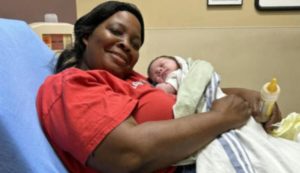
That was not the end of Roberta’s quest. Rather, it opened a new chapter in her life. Since then, she has started a new project that she is very enthusiastic about called The Serenity House. The Serenity House, which is situated in the serene Mississippi countryside, is being renovated to serve as a haven for women reintegrating into society after serving time in jail. Roberta is committed to giving these women a place where they can find direction, support, and a feeling of belonging, just as much as she had loved her job at the prison.
Roberta gladly answers every call that comes in asking for her assistance; her phone is always vibrating. Her experience is a prime illustration of how one individual, driven by compassion, understanding, and a steadfast faith in second chances, may significantly impact the lives of others.
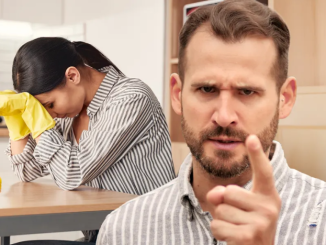
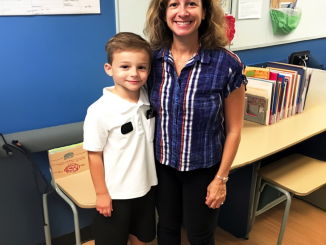
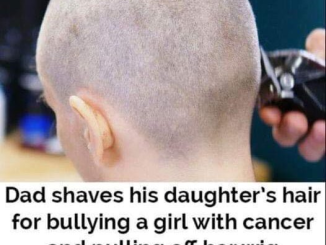
Leave a Reply